Epoxy is a popular material used in a wide range of applications, from construction to art and crafts. It is known for its durability, strength, and versatility. If you're interested in using epoxy for your next project, this guide will provide you with everything you need to know about this material, including its properties, uses, and application techniques.
What is Epoxy?
Epoxy is a type of polymer that is created by mixing two components together: a resin and a hardener. When these two components are combined, they undergo a chemical reaction that results in a strong, durable material that can be used for a variety of applications. Epoxy is known for its excellent adhesion, chemical resistance, and mechanical properties, making it a popular choice for everything from industrial coatings to jewelry making.
Properties of Epoxy
Epoxy is a versatile material that has many unique properties. It is known for its excellent adhesion, meaning it can bond to a wide variety of surfaces, including metals, plastics, and wood. Epoxy is also highly resistant to chemicals, making it a popular choice for industrial coatings and adhesives. Additionally, epoxy has excellent mechanical properties, including high strength and durability, which make it ideal for use in applications that require a strong, long-lasting material.
Types of Epoxy
There are many different types of epoxy available, each with its own unique properties and uses. Some of the most common types of epoxy include:
- Clear epoxy - used for creating a glossy, transparent finish on surfaces like countertops and floors.
- Structural epoxy - used for bonding and repairing materials like metal, concrete, and wood.
- Marine epoxy - designed to withstand exposure to water and salt, making it ideal for use in boats and other marine applications.
- High-temperature epoxy - can withstand extreme temperatures, making it ideal for use in industrial applications like aerospace and automotive manufacturing.
- Electrical epoxy - designed to insulate and protect electrical components from moisture and other environmental factors.
Uses of Epoxy
Epoxy is a versatile material that can be used for a wide range of projects. Some common uses of epoxy include:
- Repairing and bonding materials like metal, concrete, and wood.
- Sealing and waterproofing surfaces.
- Insulating and protecting electrical components.
- Creating art and jewelry.
- Building and repairing boats and other marine applications.
- Industrial applications like aerospace and automotive manufacturing.
Tips for Working with Epoxy
Working with epoxy can be a bit tricky, but with the right tips and techniques, you can achieve great results. Here are a few tips to keep in mind:
- Always wear protective gear like gloves and goggles when working with epoxy.
- Make sure to mix the epoxy thoroughly and follow the manufacturer's instructions carefully.
- Use a clean, dry surface for best adhesion.
- Apply the epoxy in thin layers to avoid air bubbles and ensure even coverage.
- Allow the epoxy to cure fully before sanding or applying additional layers.
- Use a heat gun or torch to remove any bubbles that do form.
- Clean up any spills or drips immediately with a solvent like acetone.

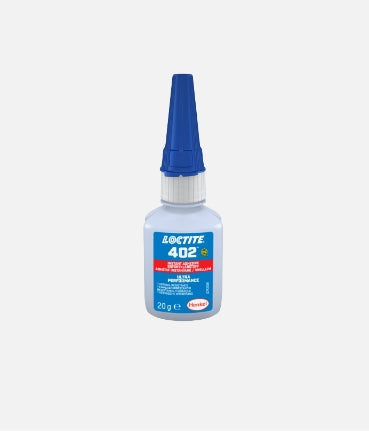
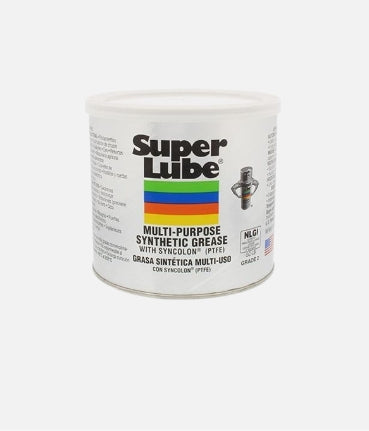
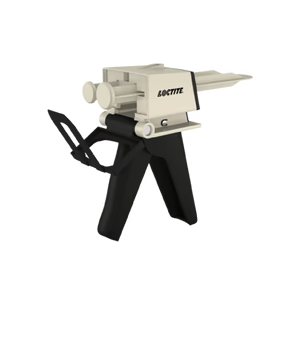


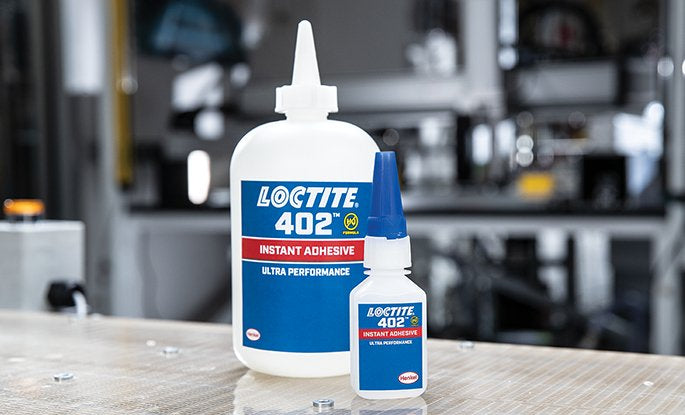
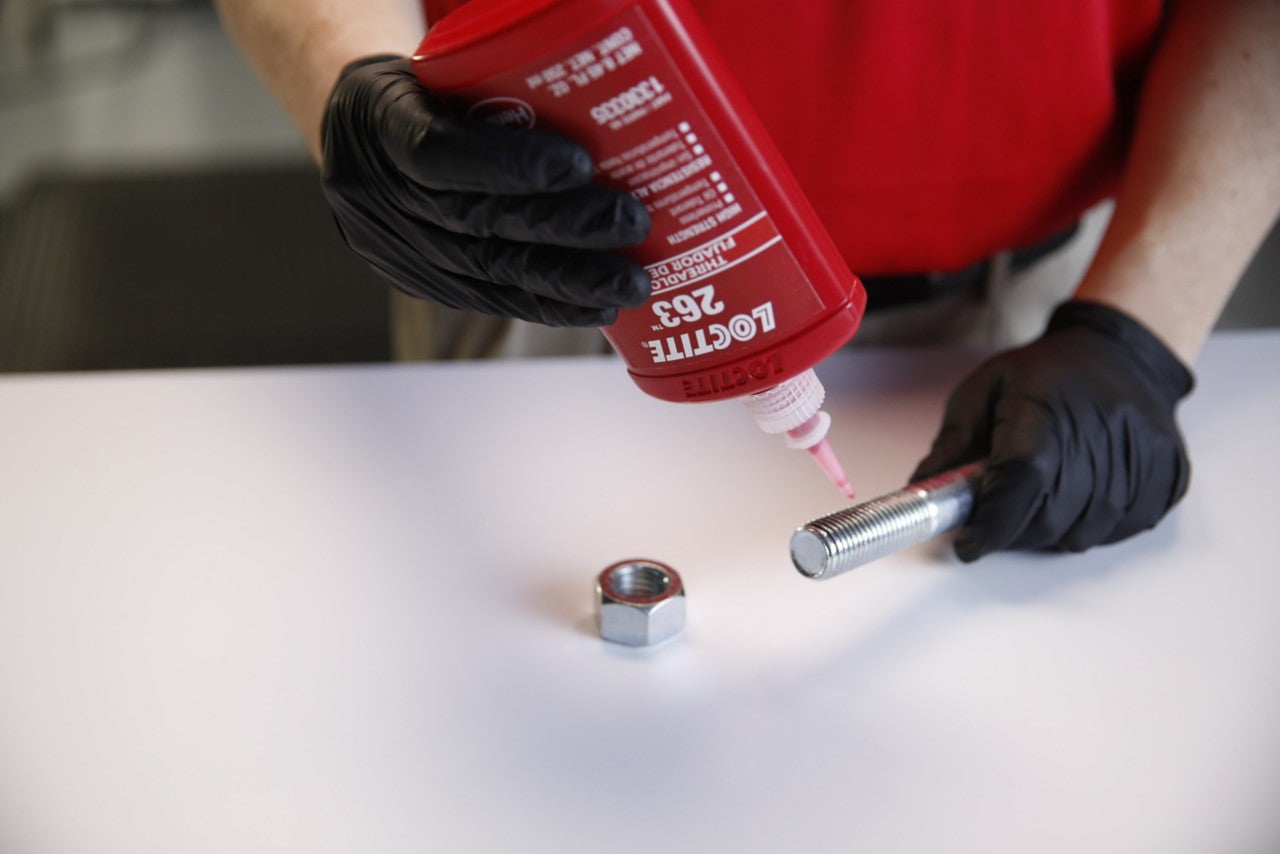

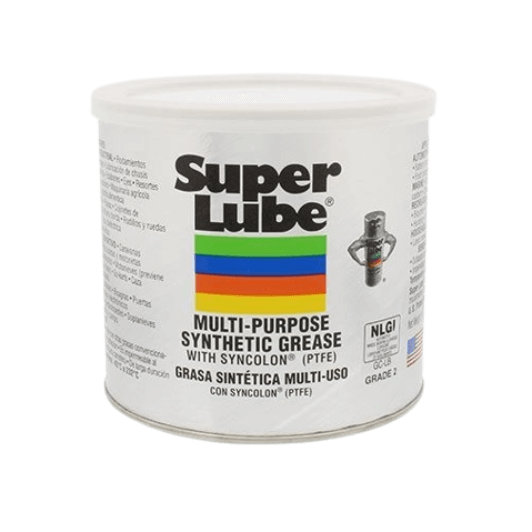



Leave a comment
All comments are moderated before being published.
This site is protected by reCAPTCHA and the Google Privacy Policy and Terms of Service apply.